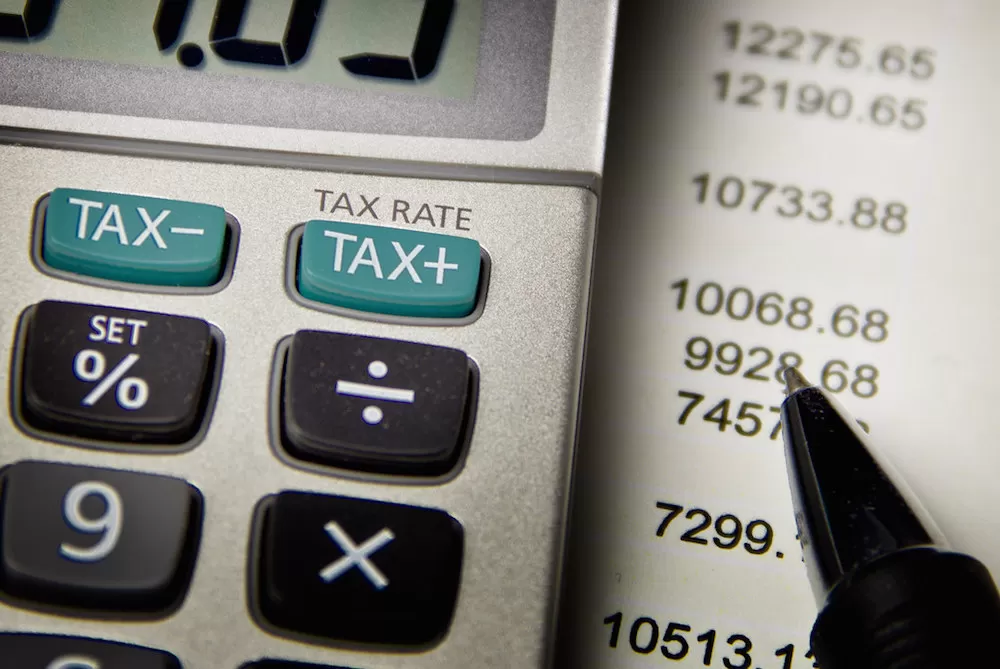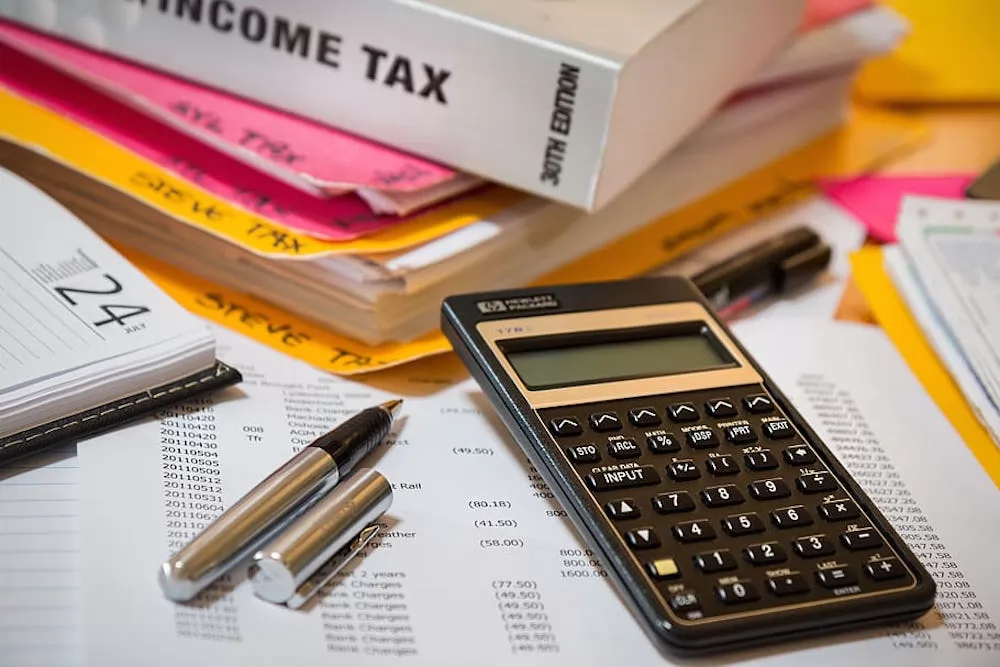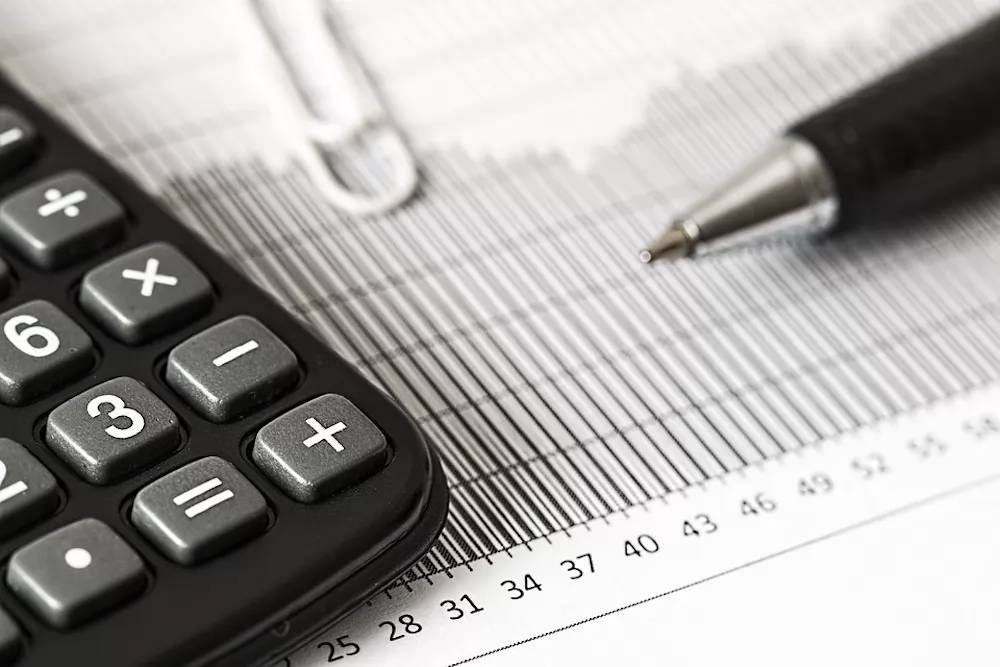
Source: Flickr.com/ Ken Teengardin
Firstly, are you required to pay taxes in Singapore? The answer is yes if you're an official citizen or legal resident of the country. As long as you're working here or earning profit from a Singaporean company, you're obliged to contribute your fair share in taxes. If you're just visiting, you don't need to pay taxes in Singapore. Perhaps the only tax tourists have to pay is the Goods and Services Tax (GST) when they purchase various items whilst in the country. However, this also bars you from the many benefits that taxpayers enjoy, such as access to the country's healthcare system.
Singapore also imposes an income tax, but here, it's more known as personal tax. This is because the tax affects all of the profit people earn, not just the salary they earn from their employment. In terms of the rate, it depends on how much one earns. On the first S$20,000.00 one earns, for instance, the taxpayer doesn't have to pay anything yet. But the next S$10,000.00, he/she has to pay 2% of the entire income. For the next S$10,000.00, it becomes 5%. And for the next S$40,000.00, it will become 7%. The highest rate is 22% when one earns an entire S$320,000.00.

While other countries follow different ends of months for their tax calendar. Singapore follows the normal calendar. This means when you have to file tax returns, it will be from January to December of the previous year. And the deadline for filing your personal tax returns are on April 15 of every year. However, this is just for your personal taxes. For companies who have to pay and file for corporate taxes, they get to decide on their respective financial years and when to set the deadline. But more often than not, they also follow the personal tax calendar of Singapore.
A huge part of why Singapore has become the prosperous country it is today is because companies here are required to pay corporate taxes. There are generally only two rates upon which this tax is imposed. For those who earn up to S$300,000.00, the rate is at 8.5%. While companies that earn a lot more than that have to contribute 17% in corporate taxes. With these two relatively low rates, it has attracted many companies, both local and international, to set up shop in the country. They only have to follow any of the two rates depending on their annual profit.

Practically everyone pays the Goods & Services Tax, more commonly known as the 'GST.' It's similar to the Value-Added Tax (VAT) in other countries and relatively operates the same way. It's also this tax that everyone pays for, whether you're an official citizen, a legal resident, or even just a tourist visiting the country on your vacation. The GST is already imposed on many items and activities that you pay for whilst in the country. And with a flat rate of 7%, at times, you barely even notice the difference. You're simply paying a little more than the actual retail price of a good or service.
Now, since Singapore doesn't impost its own capital gains tax, it also relies heavily on the property tax. And similarly to those in other countries, property tax is paid by those who purchase a new property in Singapore. The rate will depend on the retail value of the land and what the municipality where the property is has imposed. So the rates differ a lot from property to property. But the end-goal is all the same: to ensure that people contribute more to improve the state of the place where the property is.

It's thanks to taxes that Singapore gets to be the prosperous, wealthy, and powerful "Tiger city of Southeast Asia." Ad if you have plans on living and working here, it's better that you know now how taxes work around here.
Once you've gotten your taxes all in check, you might find that you have enough money to get proper accommodation here. A Singaporean luxury rental is a wise investment for such!